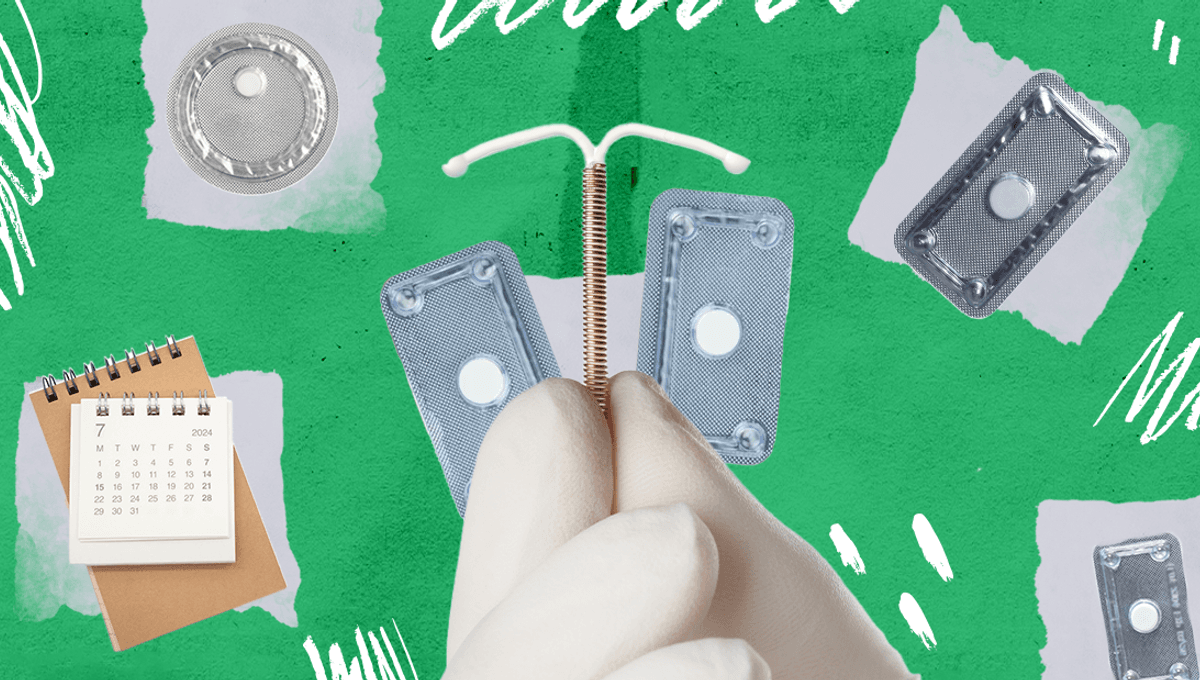
As much as people might try, things don’t always go to plan when it comes to sex – the condom breaks, someone forgot to take their pill that day, or people just get a bit lost in the moment. Not everyone wants a baby to come out of such situations, and that’s where emergency contraception comes in.
What is emergency contraception?
Emergency contraception refers to methods of contraception that can be used to prevent pregnancy in all sorts of situations. The first things that come to mind for many people would be unprotected sex or a condom breaking or slipping off, but it can also be used when people have missed doses of their regular hormonal contraception, a contraceptive coil or implant has fallen out, or in cases of sexual assault.
There are two main types of emergency contraception. The first is the “morning-after pill”, which can actually be one of two kinds of oral medication. These are levonorgestrel, more commonly known under brand names like Plan B One-Step or Levonelle; and ulipristal acetate, known as ella or ellaOne.
The second type is the intrauterine device (IUD), also called the copper coil, which is placed into the uterus. Whereas emergency contraceptive pills can be picked up at pharmacies or on prescription, IUDs need to be fitted by a healthcare professional.
How does emergency contraception work?
What emergency contraception doesn’t do is end a pregnancy – that’s the realm of abortion pills – nor does it protect against sexually transmitted infections.
Emergency contraceptive pills
Both kinds of emergency contraceptive pill work to delay ovulation – the release of an egg from an ovary – in order to prevent pregnancy, but they do so in different ways.
Levonorgestrel is a synthetic hormone that works to stop a surge of luteinizing hormone, the chemical messenger that triggers ovulation. By blocking the surge, the release of an egg is either delayed or stopped as a result.
Ulipristal acetate is a non-hormonal drug that prevents the effects of progesterone, a hormone that’s also involved in the menstrual cycle. It does this by binding to the body’s progesterone receptors, which in turn suppresses or delays ovulation.
The IUD
The IUD is a non-hormonal method of emergency contraception that works by releasing copper into the uterus, which stops sperm from being able to survive there and continue its journey to fertilize an egg. On the rare occasion that sperm does survive and fertilize an egg, the presence of an IUD can stop it from implanting into the womb lining by thinning it.
How effective is emergency contraception?
No form of emergency contraception has a 100 percent chance of preventing pregnancy, but the IUD is pretty much the closest you can get – when inserted within five days of unprotected sex, it’s more than 99 percent effective.
Despite being colloquially known as the “morning-after pill”, levonorgestrel can actually be taken up to three days after unprotected sex, and ulipristal up to five days, and still have a chance at preventing pregnancy.
That being said, levonorgestrel is more effective the sooner it’s taken – it’s 95 percent effective when taken within 24 hours of unprotected sex, but that effectiveness drops down to 58 percent when taken within 49 to 72 hours.
On the other hand, ulipristal doesn’t become less effective over time provided it is taken within the five days recommended and is 98 to 99 percent effective at preventing pregnancy during this window.
However, it’s important to remember that for both emergency contraceptive pills, neither is likely to be effective if taken after ovulation – but ovulation can be tricky to predict, so it’s often recommended to use emergency contraception regardless of where someone is in their cycle.
Similarly, there’s also been some evidence to suggest that having a BMI classified as overweight or obese could make emergency contraceptive pills – particularly levonorgestrel – less effective, but it’s still recommended that emergency contraception can be used. The IUD isn’t known to be affected by body weight.
People who vomit two to three hours after taking an emergency contraceptive pill will also need to take another dose in order for it to be effective.
How safe is emergency contraception?
Emergency contraception is safe for most people, but there are some who it’s not suitable for. For example, ulipristal isn’t suitable for people taking steroidal asthma medications, and also may not work for people taking certain medications for epilepsy, HIV, or tuberculosis.
The IUD can’t be used for people with certain untreated infections, cervical or uterus abnormalities, or unexplained vaginal bleeding. They also carry some uncommon risks like the uterus pushing the IUD out or, rarely, the device damaging the uterus.
Like any medicine, emergency contraception can also have some side effects. For the IUD, there’s a chance of period-like pains in the days following its insertion, and if someone decides to keep it as a longer-term form of contraception, bleeding between periods or heavier, longer periods.
Emergency contraceptive pills can come with side effects like headache, nausea and vomiting, dizziness, tiredness, tender breasts, or abdominal pain.
All “explainer” articles are confirmed by fact checkers to be correct at time of publishing. Text, images, and links may be edited, removed, or added to at a later date to keep information current.
The content of this article is not intended to be a substitute for professional medical advice, diagnosis, or treatment. Always seek the advice of qualified health providers with questions you may have regarding medical conditions.
Source Link: Emergency Contraception: Here’s What To Know About How It Prevents Pregnancy